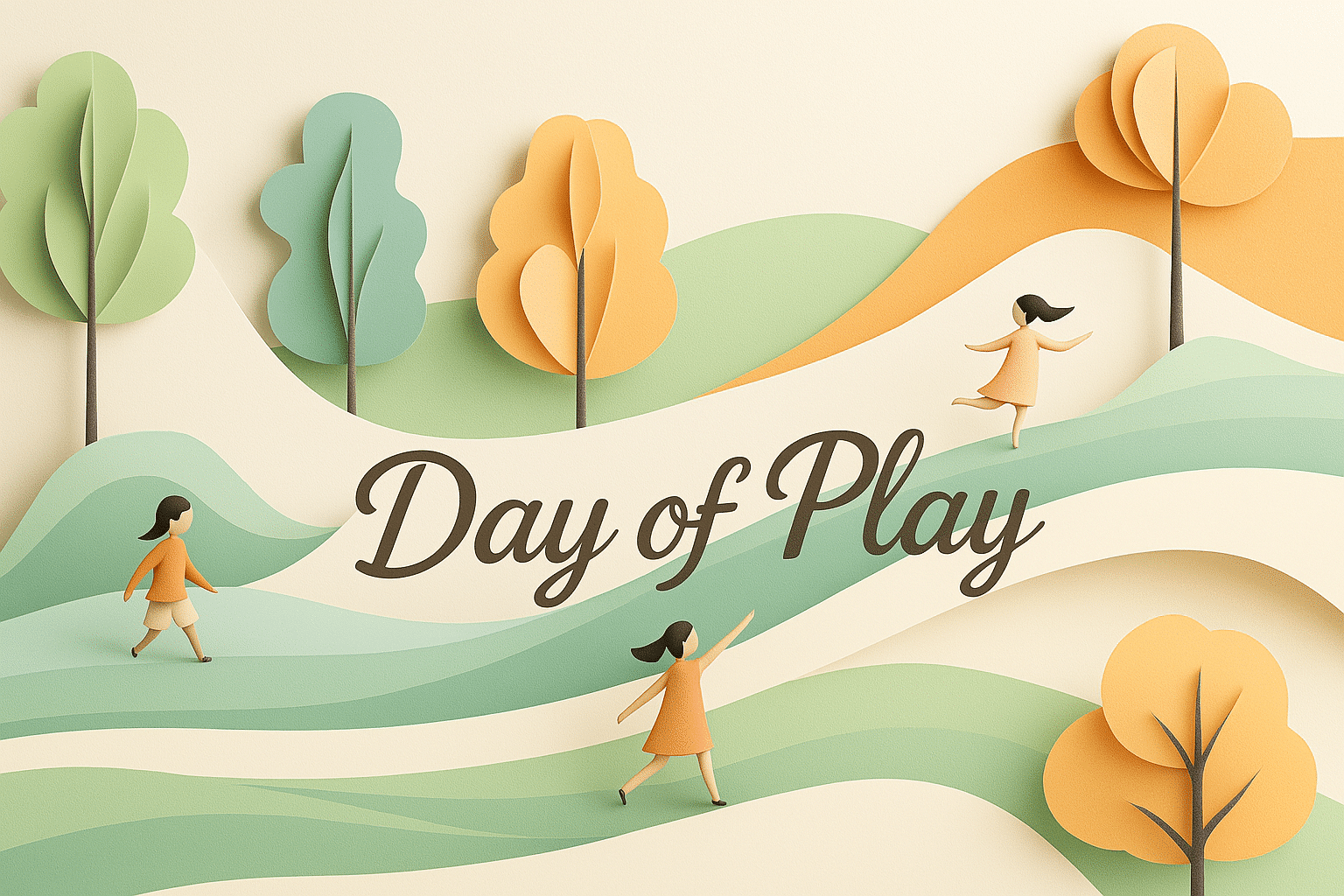What is International Day of Play?
International Day of Play is celebrated every year on June 11 and aims to highlight the importance of play in human development and well-being. This day is recognized worldwide and emphasizes that play is essential for people of all ages. It encourages governments, organizations, and communities to create environments that promote and support play, through structured games, outdoor activities, or creative, unstructured moments.
Play is crucial for learning, socializing, and emotional development. Whether it’s physical play, creative activities, or imaginative games, it helps improve cognitive and physical skills, build relationships, and foster creativity. This day emphasizes the role of play in enhancing both individual and community life.
History and Origin
International Day of Play was officially recognized by the United Nations General Assembly in 2024. The day was created to raise awareness about the value of play in human development and to encourage policy changes that promote environments where play is integral to daily life. It also seeks to ensure that children and adults alike have opportunities to engage in fun, enriching activities.
Before it became a formal observance, the day was inspired by other global movements advocating for more play, such as the Worldwide Day of Play hosted by Nickelodeon and other local campaigns. Today, International Day of Play brings governments, organizations, and individuals together to advocate for play as a right for all.
Who Participates in International Day of Play?
- Children and Families: Participate by engaging in games, outdoor activities, and creative play together.
- Schools and Educational Institutions: Organize events that promote unstructured play, fostering creativity, teamwork, and physical health.
- Community Centers and Organizations: Hold play-based events that bring people of all ages together to enjoy physical and social activities.
- Health Professionals and Mental Health Advocates: Promote the importance of play in managing stress, improving mental health, and enhancing emotional well-being.
- Governments and Policy Makers: Use the day to advocate for the inclusion of play in public policies and urban planning to ensure accessible spaces for recreation.
Slogans and Themes
International Day of Play encourages themes and slogans that emphasize the importance of play in life. Some of the popular messages include “Play Is the Path to Learning,” “Play for Health, Play for Life,” and “Play Brings Us Together.” These slogans advocate for the role of play in fostering connections, health, and learning for people of all ages.
Colors, Symbols, and Patterns
Colors:
- Bright Primary Colors: Reflect the joyful, energetic spirit of play, symbolizing excitement and creativity.
- Green: Represents outdoor play, nature, and environmental sustainability, often tied to park play areas.
- Yellow: Symbolizes happiness, light, and the fun aspects of play.
Symbols:
- Balls, Toys, and Games: Represent traditional and modern forms of play, often featured in event materials.
- Children’s Footprints: Symbolize the journey of childhood and the importance of playful exploration.
- Playground Equipment: Represents safe and accessible spaces where people can engage in physical play.
Patterns:
- Swirls or Spirals: Represent the dynamic and ever-changing nature of play.
- Polka Dots: Used in decorations, games, and promotional materials to evoke a sense of fun and creativity.
- Bright Stripes: Reflect the colorful and lively atmosphere surrounding play, often seen in playground designs or promotional banners.
Most Used Hashtags
- #InternationalDayofPlay
- #PlayIsEssential
- #PlayForHealth
- #CelebratePlay
- #PlayTogether
How to Celebrate International Day of Play
- Engage in Outdoor Activities: Take part in a fun outdoor game, sports activity, or nature exploration with friends and family.
- Host a Community Play Event: Organize a local event such as a playground day, outdoor picnic, or group activity for all ages to enjoy.
- Promote Play in Schools: Encourage unstructured playtime for children at school, where creativity and physical activities can be explored freely.
- Participate in Social Media Campaigns: Share your play experiences on social media, use the hashtags, and raise awareness about the importance of play.
- Support Play Programs: Donate or volunteer at local organizations that offer play-based programs for children and communities in need.
Why Is International Day of Play Important?
International Day of Play serves as a crucial reminder that play is essential for physical, mental, and emotional development. It fosters social connections, enhances creativity, and supports overall well-being. In today’s fast-paced world, where digital devices and sedentary activities often dominate, this day helps people reconnect with the simple joys of play.
By celebrating this day, individuals and communities affirm their commitment to ensuring that play remains a fundamental part of life. Play should be encouraged in all settings ensuring everyone has the opportunity to benefit from its many positive effects.
Contact Info
June 11: Day of Play
Why do you keep falling for the same type?
Read the article Lovemaps: the hidden blueprint of our love.

